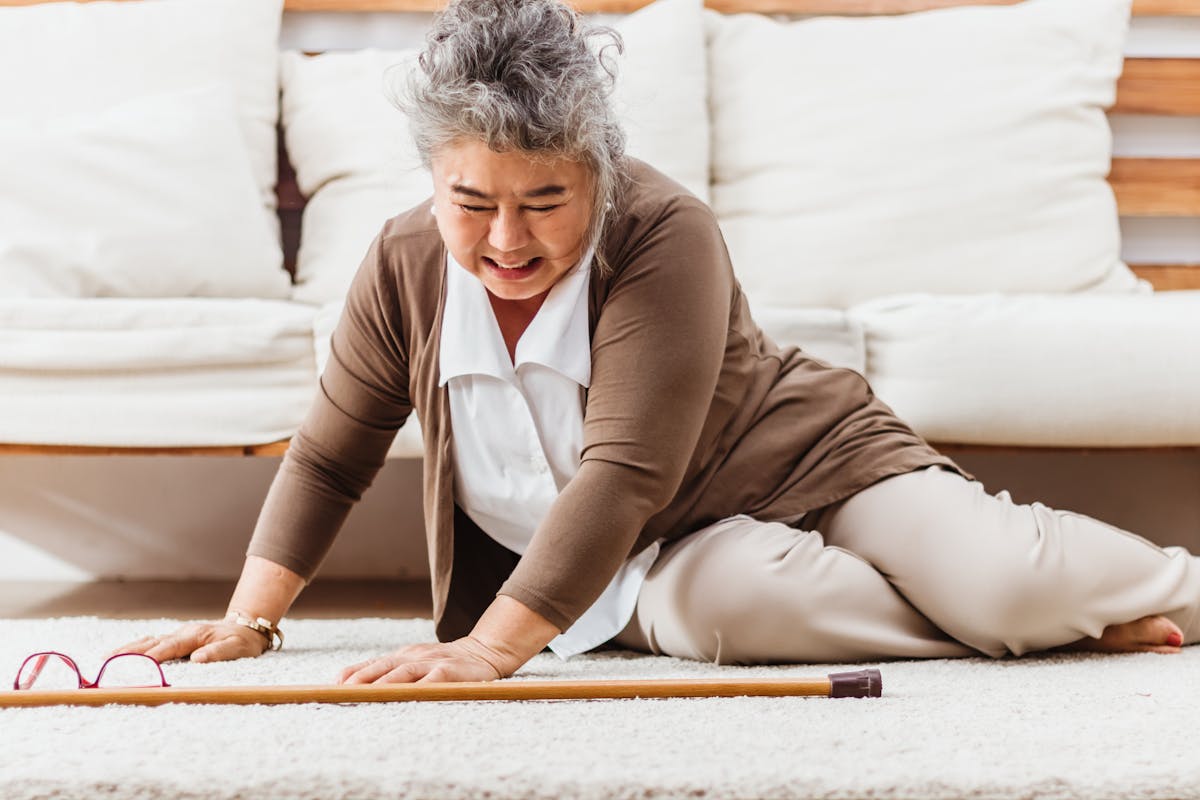Tips to Assist a Senior Loved One Recovering From a Fall

Falls are the leading cause of both fatal and nonfatal injuries among older adults. The statistics on falls are quite frightening: every second of every day, a senior in this country experiences a fall. That translates to one in four older adults. And once a senior has taken a tumble, their risk of falling again soars.
While there are a variety of reasons why older people fall more than their younger peers, some of the most common include:
- Poor nutrition
- Medication side effect
- Dehydration
- Vision loss
- Hazard in the home
- Sedentary lifestyle
And the reality is that recovering from a fall involves not only healing from injuries but also correcting whatever caused it, as well as helping the senior cope with the anxiety that so often follows.
Ways to Help a Senior Recover From a Fall
Here are a few suggestions you might find helpful as you assist a senior loved one in their recovery:
- Conduct a home safety audit: Even if the older adult’s fall wasn’t the result of an in-home hazard, it’s still a good idea to have someone conduct a safety audit of their house. It can help identify potential fall risks, such as poor lighting, uneven stair treads, poorly placed extension cords, and more. You might want to ask your primary care physician for a referral to a physical or occupational therapist who can conduct one. If you prefer to do it yourself, this room-by-room fall prevention checklist from the National Institute on Aging might be useful.
- Review medication list: As we grow older, the need for prescription medications often increases. Some commonly taken by older adults, such as sleep aids and medications for chronic pain, can create side effects that may include problems with balance. Other times, interactions between prescription and over-the-counter medicines can pose a fall risk. It’s a good idea to have the senior’s pharmacist review their medications once or twice a year to check for any potential problems.
- Schedule an eye exam: Because vision issues are more common with age and are linked to an increased risk for falls, it’s important for seniors to have regular eye exams with an ophthalmologist. They can evaluate the older adult for macular degeneration, cataracts, glaucoma, and other vision challenges.
- Consider outpatient physical therapy: If your loved one’s fall was related to sitting too much and exercising too little, they may be in need of physical therapy to rebuild core strength. Outpatient therapy has numerous benefits, including reducing pain and lowering the risk of a repeat fall.
Invest in a Mobile Monitoring Unit
One last tip: Investing in a mobile monitoring unit can help give your senior loved one peace of mind as they recover from a fall. In the event they fall again or have some other emergency, they can press a button to be connected to someone who can help.
Call 1-844-203-5617 to learn more about plans and pricing!